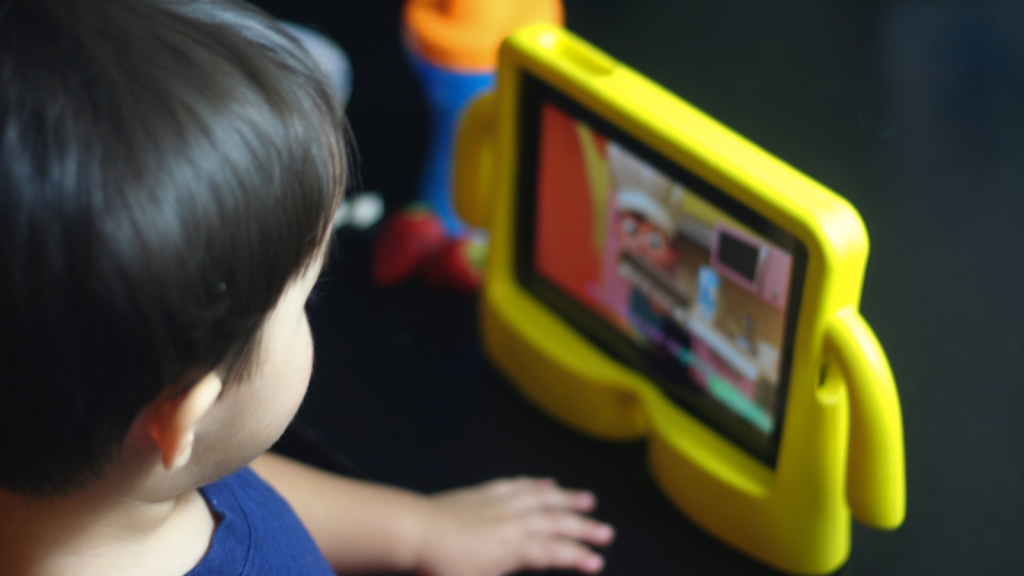In today’s digital age, people are spending more time on screens than ever before. With the rise of smartphones, tablets, computers, and other devices, it’s become nearly impossible to escape the pull of the digital world. However, what impact does all this screen time have on our mental health and well-being?
At BeyondAINow, we recognize the importance of this issue and have conducted extensive research on the subject. Our findings show that excessive screen time can have significant negative effects on mental health and well-being, particularly in children and adolescents.
The Negative Effects of Screen Time on Mental Health and Well-being
Research has shown that excessive screen time can contribute to a range of mental health issues, including depression, anxiety, and sleep disturbances. The blue light emitted by screens can disrupt our natural sleep patterns, leading to difficulty falling asleep and staying asleep.
Moreover, the constant stimulation of screens can also contribute to feelings of anxiety and stress. When we’re constantly connected to technology, we may feel pressured to respond to notifications, check social media, and stay up-to-date on the latest news. This constant barrage of information can be overwhelming and lead to feelings of burnout and exhaustion.
Children and adolescents are particularly vulnerable to the negative effects of screen time. Excessive screen time can interfere with the development of social skills and emotional regulation, leading to increased risk of behavioral problems and reduced academic performance.
Furthermore, the rise of social media has created new challenges for young people, such as cyberbullying and feelings of social isolation. In some cases, excessive screen time may also contribute to the development of addiction-like behaviors, leading to a loss of control over technology use.

The Importance of Limiting Screen Time
Given the negative effects of screen time on mental health and well-being, it’s essential to establish healthy habits and limit our time spent on screens. The American Academy of Pediatrics recommends that children between the ages of 2 and 5 have no more than one hour of screen time per day, while children aged 6 and older should have consistent limits on the amount of time they spend on screens.
It’s also essential to prioritize activities that promote mental health and well-being, such as exercise, socializing with friends and family, and pursuing hobbies and interests. By establishing healthy habits and limiting our time spent on screens, we can protect our mental health and well-being.
In conclusion, excessive screen time can have negative effects on our mental health and well-being, especially when it comes to children. However, not all screen time is harmful, and some forms of technology use can even be beneficial for mental health and well-being. It is crucial to establish healthy screen time habits for ourselves and our children, and to recognize the potential negative impact of excessive screen time on our mental health.